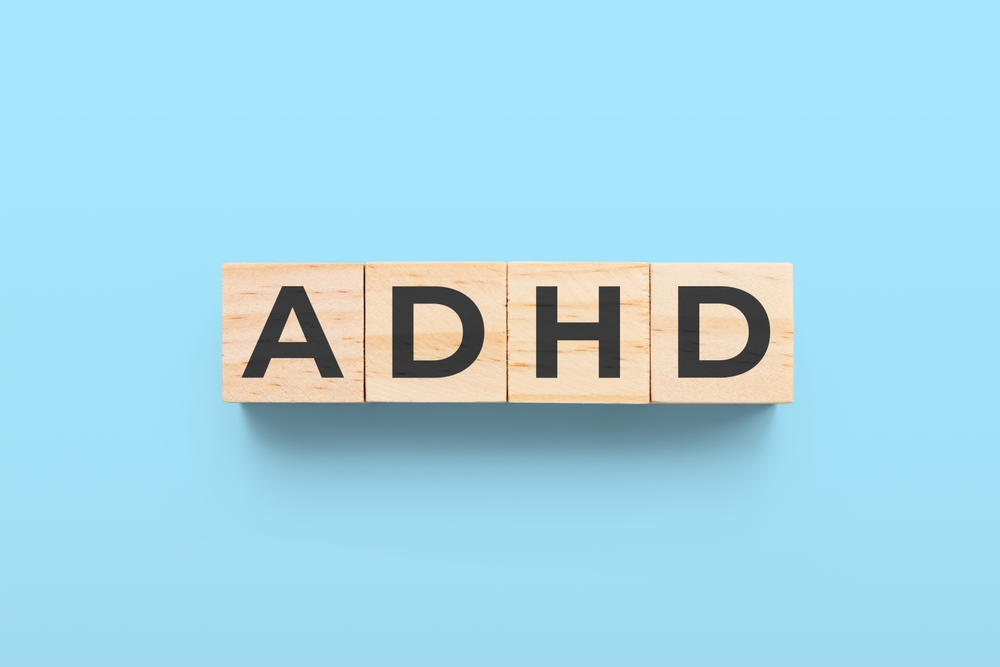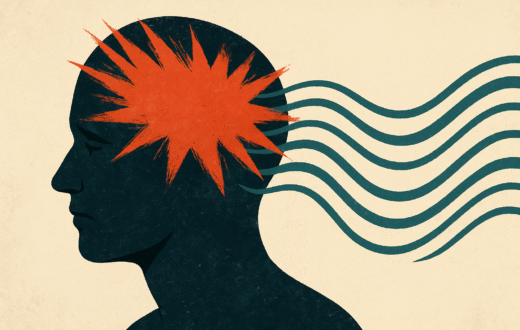- 3.2 Concepts psychologiques clés liés aux services de santé mentale dans les organisations éducatives et professionnelles, Articles de presse
Emotional Regulation and ADHD: Challenges and Strategies

Emotional regulation is a complex and essential executive function skill that plays a key role in managing behavior, achieving goals, and making thoughtful decisions. For individuals with ADHD and other forms of neurodivergence, emotional regulation can either be a strength or a challenge. Understanding how to improve emotional regulation can lead to better self-awareness and healthier decision-making.
The Emotional Regulation Struggles of Neurodivergent Individuals
Emotional regulation doesn’t always come naturally, especially for those with neurodivergent conditions like ADHD, autism, or other cognitive differences. People with ADHD, in particular, often face specific challenges that impact their emotional responses and decision-making. According to Ari Tuckman (2012), individuals with ADHD may struggle with:
- Impulsively interrupting others or saying « yes » to too many commitments.
- Losing sight of the bigger picture or neglecting others’ perspectives.
- Regretting things said in the heat of the moment, which can strain relationships.
- Abandoning jobs or projects impulsively.
Reacting unexpectedly when overwhelmed by intense emotions.
These challenges are not uncommon among neurodivergent individuals, including those with ADHD, autism, or co-occurring conditions like anxiety or depression. Managing these emotions becomes even more complicated when faced with additional emotional triggers such as rejection-sensitive dysphoria (RSD).
Misconception: Emotion Control vs. Emotion Regulation
A common misconception about emotional regulation is that it involves controlling or suppressing emotions. Many people are taught to « keep it together » and avoid expressing negative emotions. However, emotional suppression is not the same as regulation. Suppressing feelings, often referred to as masking, may help someone fit into social situations in the short term but can take a toll on mental and emotional health over time.
True emotional regulation is about understanding, acknowledging, and managing emotions, rather than suppressing them. For me, this shift in perspective has been transformative. I learned that emotional regulation isn’t about pushing emotions away but about experiencing them fully, reflecting on them, and using them as tools for making better decisions. This is an important concept, especially for those who have not been taught strategies to process or articulate their feelings.
Developing Emotional Regulation Skills
Building emotional regulation skills takes time, especially if you haven’t had access to effective coping strategies. However, it’s possible to develop these skills through practice, therapy, and self-reflection. One simple yet effective tool is an emotion wheel, which can help you pinpoint the emotions you’re experiencing, especially when you’re overwhelmed. For example, you might find that you feel both nervous and happy simultaneously — something I learned from watching the children’s show Daniel Tiger. Identifying these emotions allows for greater self-awareness and emotional control.
It’s important to remember that emotional regulation is a journey. Go at your own pace, and allow yourself the time needed to understand your emotions more deeply over time.
Practical Strategies for Managing Stress and Emotions
If you’re looking for immediate strategies to manage emotions day-to-day, several practical tools can help. These techniques, recommended by Ari Tuckman in his 2012 book Understand Your Brain, Get More Done, are designed to help you regulate your emotions and reduce stress:
- Manage Your Stress
Tuckman emphasizes the importance of stress management to stabilize emotions. This includes getting enough sleep, exercising regularly, scheduling self-care time, avoiding over-commitment, and seeking treatment for co-occurring anxiety or depression. - Control Emotions by Reducing Intensity
Emotions are easier to manage when they are less intense. Tuckman suggests taking regular breaks, understanding your emotional triggers, and managing overwhelming situations in small doses to prevent emotional overload. - Own Up to Your Reactions
If impulsivity is an issue, try explaining your reactions afterward and offering genuine apologies when needed. A good preventative strategy is to train people not to read too much into your initial emotional reactions, especially when you’re caught off guard.
Conclusion: Embrace Emotional Regulation at Your Own Pace
If emotional regulation is something you struggle with, you’re far from alone. Many neurodivergent individuals face challenges with managing their emotions. Whether you want to dive deeper into emotional exploration or start with basic coping skills, you can approach emotional regulation at your own pace. You can try using an emotion wheel, journaling about your experiences, or focusing on strategies such as stress management and controlling emotional intensity.
By practicing and building emotional regulation skills over time, you can improve your emotional well-being, strengthen relationships, and make more informed decisions.





